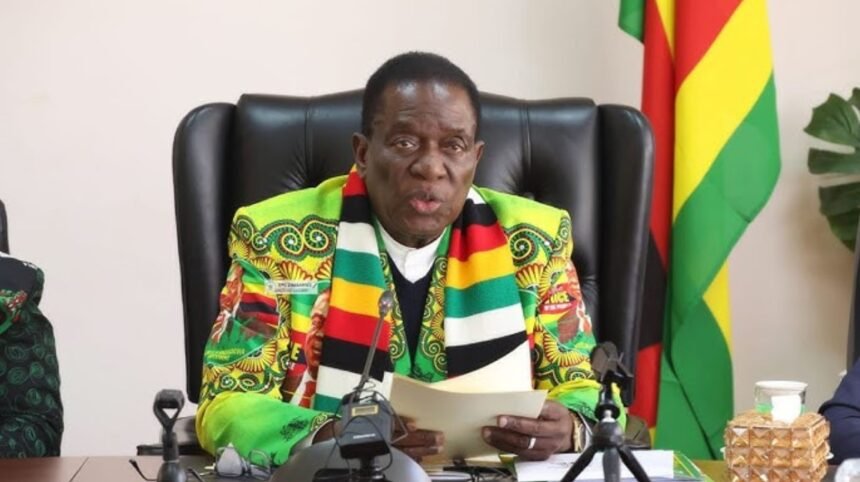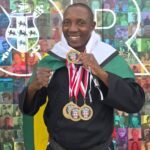Harare – In a charged address to Zanu PF’s Central Committee, President Emmerson Mnangagwa struck a delicate balance between triumph and caution as he outlined Zimbabwe’s precarious path toward economic recovery. Against a backdrop of biting sanctions and mounting domestic pressures, the President’s speech revealed both the ruling party’s determination and the steep challenges ahead.
“Zanu PF isn’t just surviving, we’re thriving,” Mnangagwa declared, pointing to recent by-election victories as proof of the party’s enduring appeal. Yet beneath the confident rhetoric lay an unspoken acknowledgment: urban disillusionment is growing, and the party’s traditional rural strongholds can no longer be taken for granted. The President’s call for renewed grassroots mobilisation carried particular urgency, suggesting an organisation acutely aware of shifting political winds.
The heart of Mnangagwa’s address focused on Zimbabwe’s fragile economy, where glimmers of progress clash with daily hardships. Tobacco sales have surged by nearly 50%, a rare bright spot for the export-dependent nation. “Our land reform programme is finally bearing fruit,” the President asserted, though this claim rang hollow for many citizens queueing for basic commodities. The disconnect between macroeconomic indicators and kitchen-table realities emerged as the speech’s central tension.
Infrastructure took centre stage in a remarkably candid moment. After visiting Harare’s crumbling hospitals, Mnangagwa admitted: “What I saw shames us all.” This rare concession to systemic failure hinted at growing pressure to deliver tangible improvements ahead of the 2030 development deadline.
Perhaps the speech’s most compelling passage came when Mnangagwa invited comparison with Mozambique’s post-independence journey. “Have we done enough in 44 years?” he asked, turning the liberation struggle’s legacy into both shield and spur. The rhetorical question hung in the air – a challenge to his party and nation alike.
As the address turned to youth unemployment and veteran welfare, the President’s tone hardened. “We will not tolerate corruption in our empowerment programmes,” he warned, a line that drew applause but will likely be met with scepticism from a public weary of graft scandals.
The closing message blended revolutionary fervour with pragmatic realism. “Nyika inovakwa nevene vayo,” Mnangagwa reminded his comrades – a nation is built by its own people. The phrase, repeated like a mantra, served as both inspiration and subtle deflection of responsibility.
Political analyst Tendai Moyo notes: “This was a speech of two tales, one for party faithful needing reassurance, another for international observers watching Zimbabwe’s reform agenda. The real test lies in which narrative wins out.”
With Zimbabwe’s economic recovery remaining fragile and political tensions simmering, Mnangagwa’s address may be remembered less for its promises than for what it revealed, a leadership balancing on the knife-edge between aspiration and accountability. As the countdown to 2030 accelerates, Zimbabweans will be watching not the rhetoric, but the roads not built, the hospitals unrepaired, and the jobs not created. In that reckoning lies the true measure of this speech’s significance.










